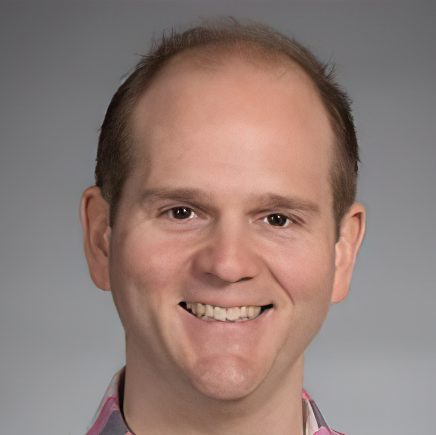

Physician Scientist Spotlight: David Watkins
Written by David Watkins, MD, MPH
Work
I work on health policy and health systems challenges in low- and middle-income countries, with a particular focus on sub-Saharan Africa.
Dr. Watkins
Dr. Watkins has a dual-appointment in the Department of Global Health
My group looks at how countries with very limited resources can achieve better value for healthcare by identifying and scaling up the most cost-effective and feasible-to-implement health interventions.
One big thematic area we work in is the epidemiological transition from infectious diseases and high childhood mortality to things like heart disease and cancer — essentially, diseases that emerge with economic development, which is happening in most countries, alongside rapid population growth and aging.
But many countries’ health systems were set up in an era of “vertical” health programs, before there was a high demand for complex chronic disease care. A lot of what we’re working on is trying to understand, at a macro level, where policy priorities and opportunities for early intervention lie. In addition to this macro work, I also work a bit on testing of individual interventions and bundles of interventions for diseases that have only recently emerged on the global policy agenda (like rheumatic fever), thinking about integration of healthcare across different diseases and delivery mechanisms.
Finally, one of our group’s overarching goals is to strengthen local capacity to do policy-relevant research within ministries of health and affiliated academic institutions
How UW has helped
The combination of good mentorship and an accommodating and supportive culture within the Division of General Internal Medicine has really enabled me to succeed. As a resident at UW, I sought out pro-bono research projects to get more social science research skills and expertise with different groups, and I eventually landed in the Disease Control Priorities Project.
I received excellent mentorship from a number of pre-eminent researchers at UW and beyond, which has given me rich intellectual resources to draw upon as I shape my own career. I had a non-traditional journey to becoming an assistant professor at GIM, and the Division’s leadership has always been very accommodating in allowing me to pursue interests that are unique while pressing me to make them financially viable.
Throughout all this, the hospitalist group has been flexible with accommodating my travel and conference schedule. I admit that I’m an extreme outlier within GIM: it’s not often you see a hospitalist who’s a physician-scientist, and it’s not often you see people in GIM working on global health. But the Division has supported and even celebrated my unusual path. Overall, I would say that GIM has a “do your thing” approach that has worked in my favor and helped set me up to do some amazing collaborative projects.
My favorite things about working at UW and in Seattle vary from day to day, but I really thrive on social interactions at work. Before working from home started, one of my favorite things to do when I was bored was to get up and wander around the office, chatting with my colleagues about scientific ideas and getting to know them personally.
And, although working part-time as a nocturnist can be challenging, I really enjoy interacting with the residents and med students. I have found that a lot of the elite GIM (and IM) programs put a huge emphasis on work productivity and don’t seem to value work/life “harmony” as much as UW does.
Here, I don’t feel guilty when I close my laptop for the weekend. Seattle and UW are relaxed places where, instead of worrying about the competition, you can have the intellectual freedom to really focus on what interests you and pursue what you’re passionate about. That said, figuring out your path and making it sustainable as a junior faculty in a physician-scientist track does require effort. But from my experience, those in the physician-scientist track at UW tend to exceed expectations.